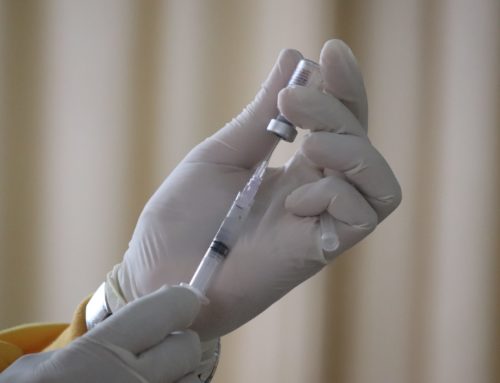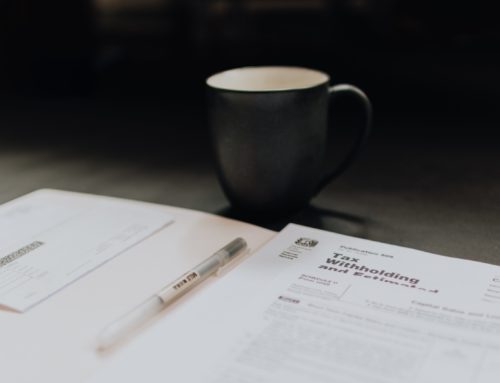Individuals who have been subjected to violence or have fear of imminent bodily harm are able to obtain an Order For Protection (OFP) to protect themselves from their abusers. An OFP allows for criminal repercussions when contact is made between the abuser and the victim in any way, whether through phone, email, text messages, or even third parties. There may even be provisions preventing the abuser from coming within a certain distance of the victim’s home, if the abuser knows where that is, and workplace.
Hearing for OFP
There are times, however, where the abuser’s rights make it necessary for the parties to be face-to-face or interact in some form. One example is at the hearing for the OFP. The alleged abuser has the right to face his or her accuser and even cross-examine that individual. This can be difficult if the individual is a victim of abuse, but it is fundamental if the abuser’s rights are going to be limited in any way that they are given the opportunity to be heard and face their accuser in court.
Children
If the parties have children together, there will more likely be additional interaction between them. Exchanges for parenting time often will take place in a supervised setting so the parties do not need to be face-to-face. However, any additional court appearances will take place with both parties present. There will also be a deputy present to make sure that there is no communication or interaction between the parties at each hearing.
If the parties need to do further discovery, or information-gathering, as part of the case, they may have additional interaction there as well. The parties will not have to be present in the same room short of an agreement to lift the OFP for the specific purpose or if a deputy again is present. More common ways to handle this are through the use of telephone or video.




